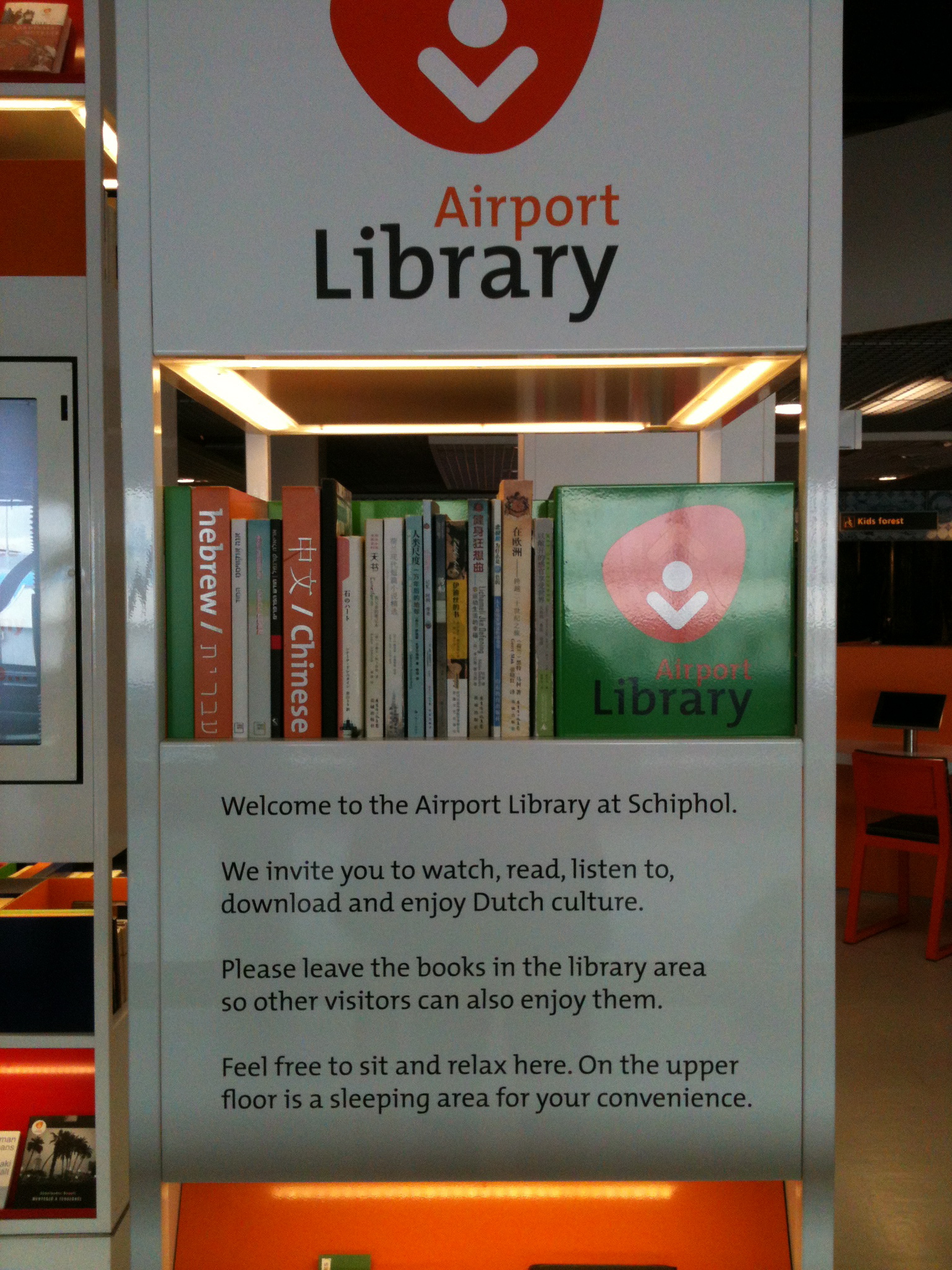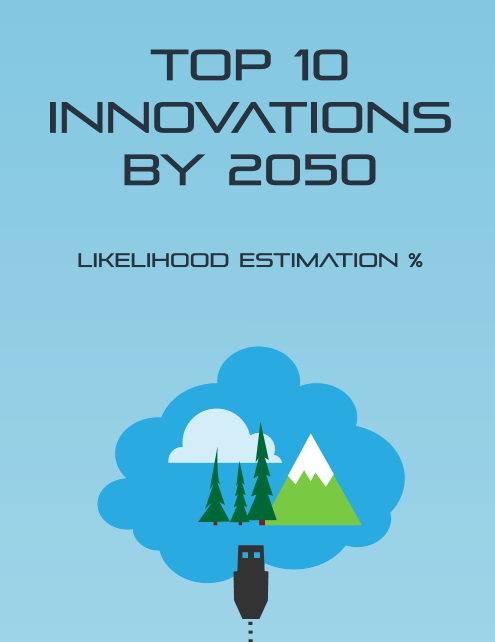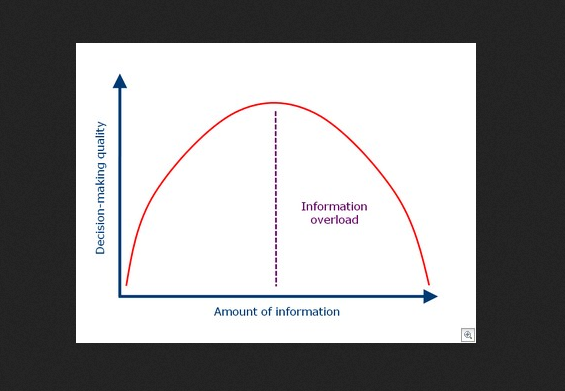Psycho what? Psychological neotency is a theory developed by Professor Bruce Charlton at the University of Newcastle-Upon-Tyne (UK) that says that the increased level of immaturity among adults is an evolutionary response to increased change and uncertainty. This initially sounds like a ridiculous suggestion, but it does make a certain amount of sense if you stop to consider the argument. Humanity has long held youth in high esteem, originally because it was a sign of fertility and health, which were important prerequisites for hunting and reproduction. In ‘fixed’ environments, psychological maturity was useful because it indicated experience and wisdom.
However, sometime in the latter part of the past century, child-like youthfulness started to have a new function which was to remain adaptive to a changing environment. In other words, if jobs, skills, and technology are all in a state of flux it is important to remain open-minded about learning new skills – and the best way to do this is to retain a child-like state of receptivity and cognitive flexibility.
Previously the phenomenon of adults behaving like children has been seen as a negative trend, but it may not be such a bad thing after all. For example, retaining the adolescent attitudes and behaviour of youth (for example, short attention spans or novelty seeking) could be seen as essential prerequisites for innovators. Equally, there is a significant amount of evidence to suggest that the most creative thinkers in modern society are ‘immature’ compared to historical precedents.
Of course this theory also justifies lying around doing nothing, so perhaps more research is required. The only problem is who should do it – immature professors or immature students?









